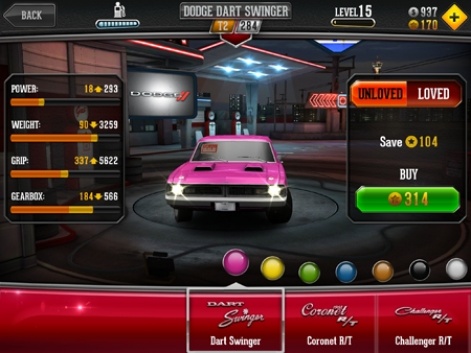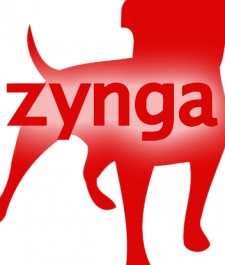When it comes to big M&A deals, the temptation is to focus on the money.
In big M&A deals, however, the money is the least interesting aspect.
Sure, it provides some context; perhaps something about the desire of one party to sell, and/or one party to buy.
That's why deals where the transaction value isn't disclosed are annoying and often devoid of meaning.
Yet, the sin of focusing on the money is you easily get drawn into meaningless comparisons.
Thus Zynga's $527 million (technically $391 million cash and 39.8 million share) deal for NaturalMotion values the UK developer at a "sixth of a Supercell" - whatever that means.
(Disclosure: that was my initial comment on the deal. I recant.)
Such comparison are trivial, though, as they assume the value of $1 for Zynga is the same as $1 for SoftBank and GungHo.
Clearly that's not the case.
SoftBank and GungHo are awash with dollars and the deal with Supercell was as close to a friendly inside job as you could imagine. (It was difficult to tell who was taking over who.)
Tide is high
The situation for Zynga is very different. It's leaking like a sieve in the midst of stormy seas.
After a year, its share price is 37 percent of its IPO price, it's generally loss-making and will be so for quarters to come. It's still slashing back its workforce. It's announced 15 percent or 314 employees are being let go.

And prior to the deal, it 'only' had $1.5 billion in cash available, meaning it's just spent a quarter of its cash reserves.
For all these reasons, the NaturalMotion deal is a much bigger deal for Zynga than the Supercell deal was for SoftBank and GungHo, and hence the industry too.
Show me the context
So forgetting about the money, what does the deal actually mean?
Obviously, NaturalMotion is complimentary for Zynga. While My Horse has a Zynga casual feel to it, it's now a legacy product for the developer, which is focused on expanding its CSR Racing franchise.
Combined with its sports IP (Backbreaker Football and Icebreaker Hockey), NaturalMotion fills two important slots for Zynga - mobile free-to-play/games-as-a-service expertise, and proven success with core titles that appeal to teen males; an important market sector Zynga has yet to crack.

The joker in the pack is Clumsy Ninja, which has been much talked about, but while the technology behind the Tamagotchi experience is very impressive and cute, its commercial success just doesn't compare to the CSR games.
As is often the case in these situations, there's more technology than game.
Aces high
Again, it's all important background, but even these points do not fully contextualise the significance of this deal for Zynga.
No. Given this is the first strategic move by new CEO Don Mattrick and new COO Clive Downie (himself no stranger to big, high risk deals: he was at ngmoco when DeNA dropped $400 million on the US developer), it can be argued this deal is make-or-break for their turnaround plan, at least in terms of building momentum among the investment community.
And that turnaround plan is Zynga's Plan C. If it fails, it's hard to see where the company goes next.
Still, given the market conditions, they've already done a better job when it comes to M&As in the free-to-play mobile world than EA.






















